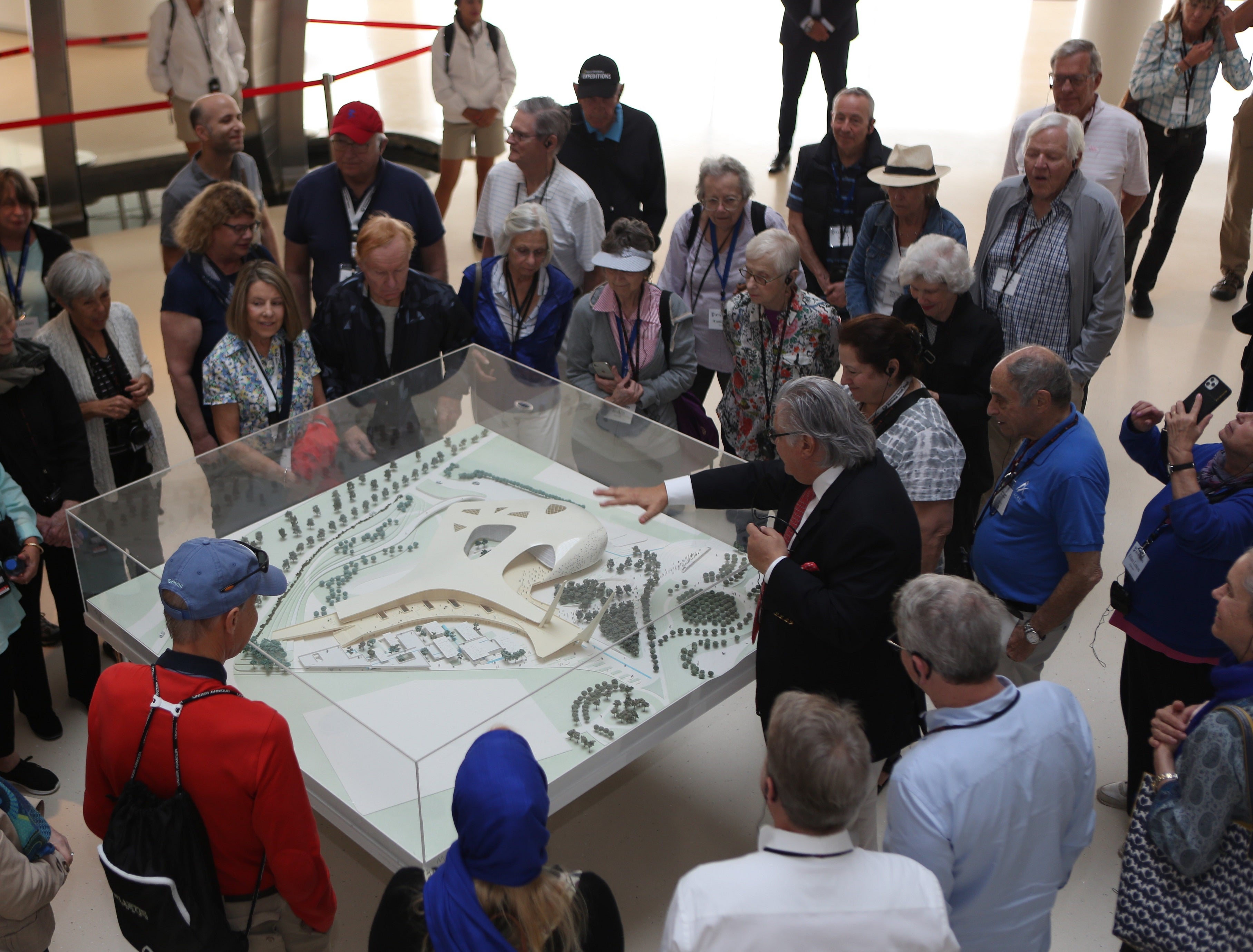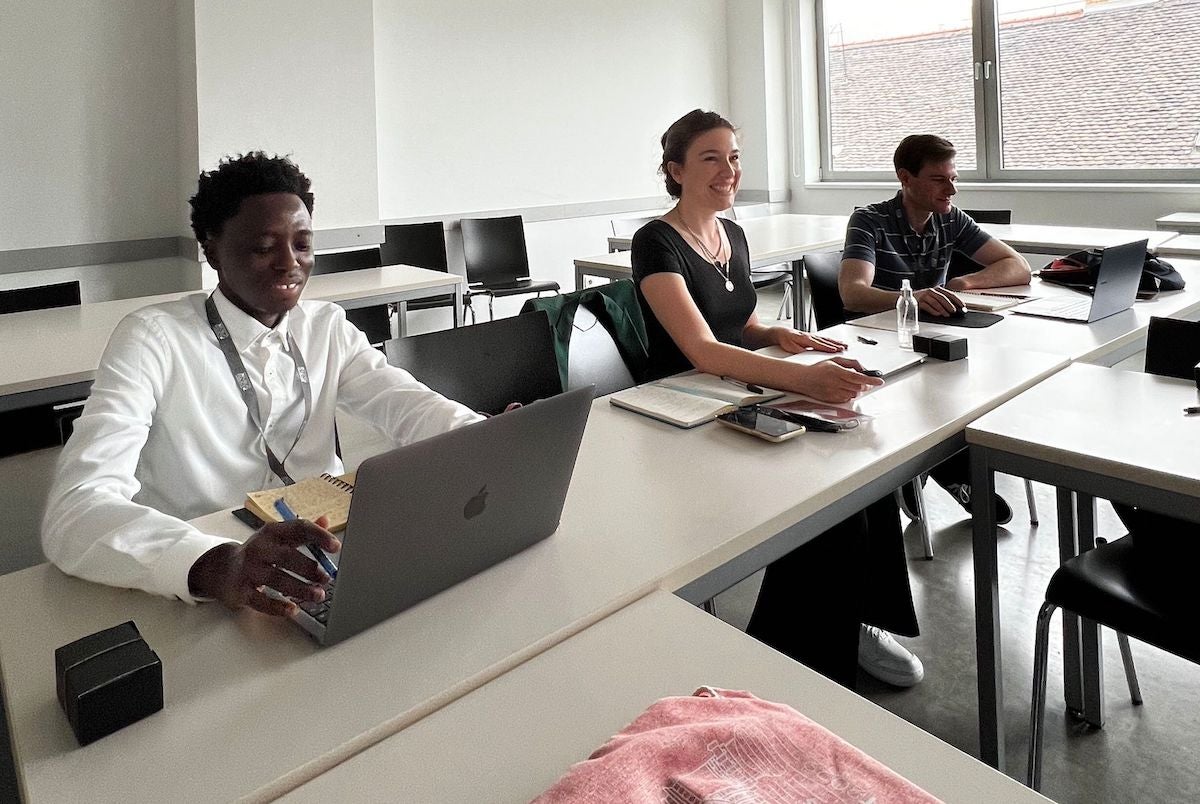Three-day dialogue considered the ethics of human reproduction
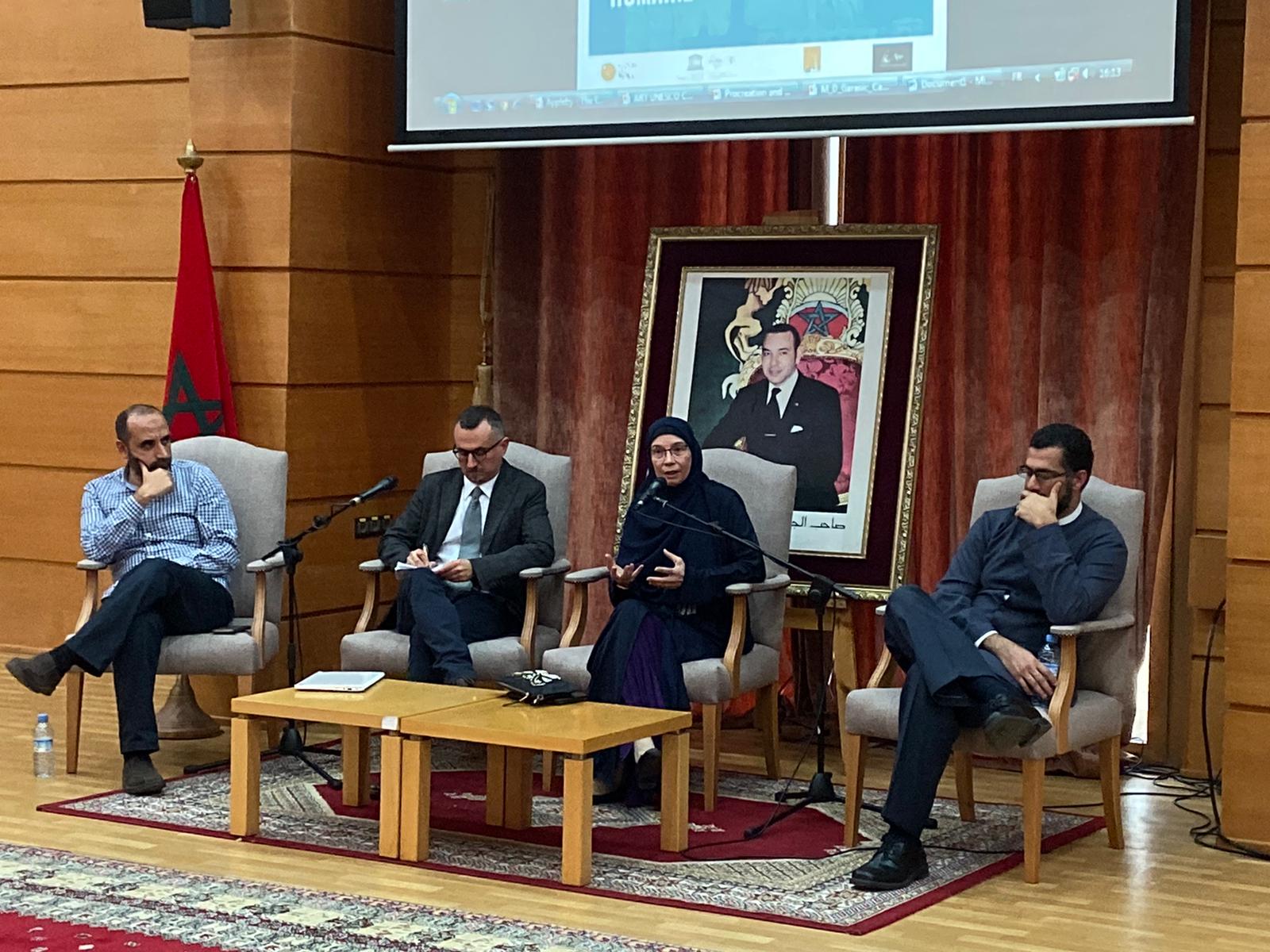
Hamad Bin Khalifa University’s (HBKU) determination to grow its global footprint was boosted by its participation at UNESCO’s 7th International Bioethics, Multiculturalism and Religion Workshop. The three-day event included a talk delivered by the College of Islamic Studies’ (CIS) Professor Mohammed Ghaly.
Taking place on November 11 -13 in Casablanca, Morocco, Protecting the Future Generations and the Ethics of Human Reproduction gathered 25 experts in bioethics and related disciplines from seven cultural and religious traditions to discuss Article 16 of the UNESCO Declaration on Bioethics and Human Rights. This states that the impact of life sciences on future generations, including on their genetic constitution, should be given due regard. Article 16, in turn, reflects that recent advances in artificial human reproduction (ART) are having an impact on the creation of new families and the role of women.
Protecting the Future Generations and the Ethics of Human Reproduction consisted of workshops informed by submissions from renowned experts in religious and secular bioethical discourse. Subjects included a range of issues surrounding pre-natal testing and maternal surrogacy. Proceedings were complemented by a public symposium and multicultural and interreligious artistic event. Prof. Ghaly’s contribution highlighted how the two concepts of "paternity" and "maternity" were revisited by Muslim religious scholars in the light of modern Assisted Reproductive Technologies (ARTs).
Speaking after the workshop, Professor Ghaly said: “It was an honor to be a part of such an influential and prestigious gathering. Our discussions reflected that the ethics underpinning ART are complex, nuanced and thus would mean different things to different faiths. However, this meeting showed how both agreements and differences between the followers of various faiths can create constructive dialogue that promotes mutual respect and understanding. After all, advances in ART have profound implications for conventional understandings of marriage, family and relationships with children for almost all humans on earth.”
The College of Islamic Studies regularly hosts public lectures and conferences to promote a deeper understanding of the various aspects of Islam among the wider community, and help shape global debates on contemporary Islamic issues.
For more information, please visit cis.hbku.edu.qa
Related News
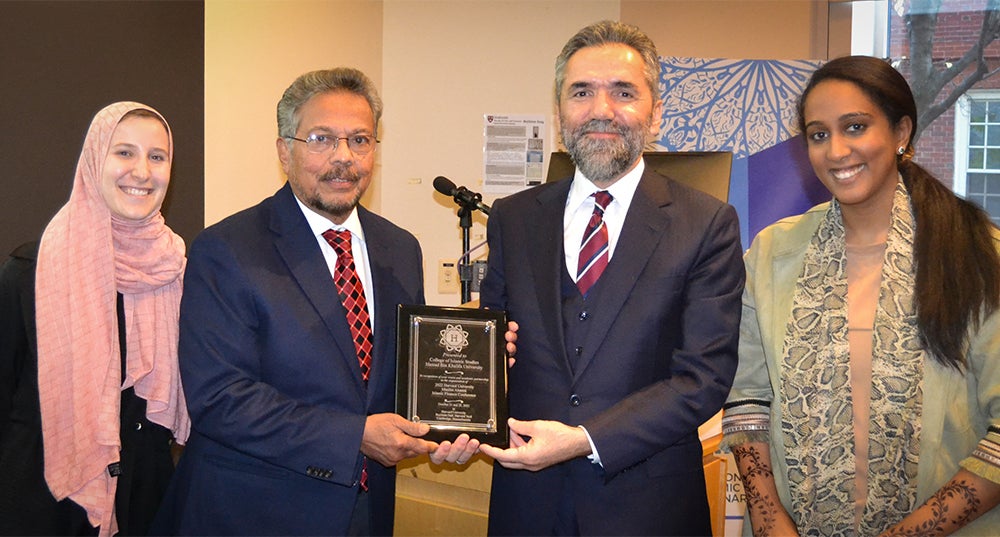
College of Islamic Studies Explores the Impact of Charitable Endowments at Harvard Conference
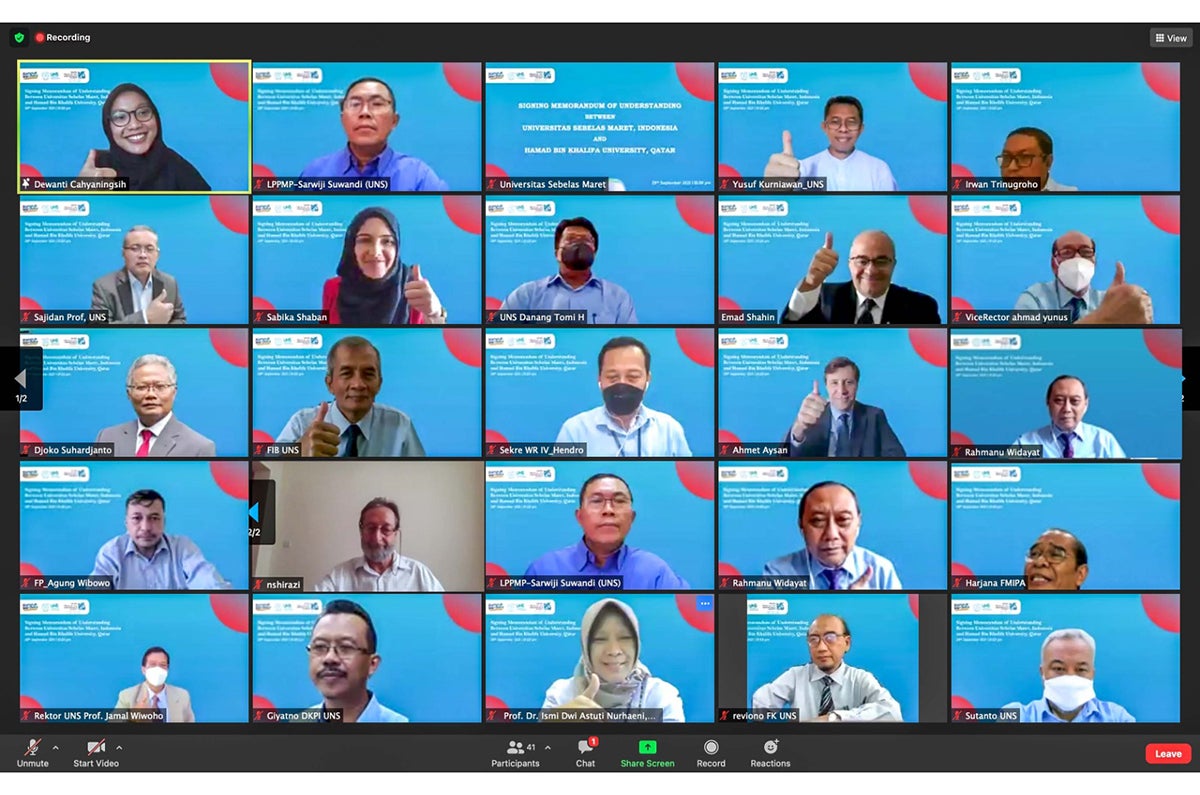
CIS and Indonesia’s Universitas Sebelas Maret Agree to Strengthen Academic Ties
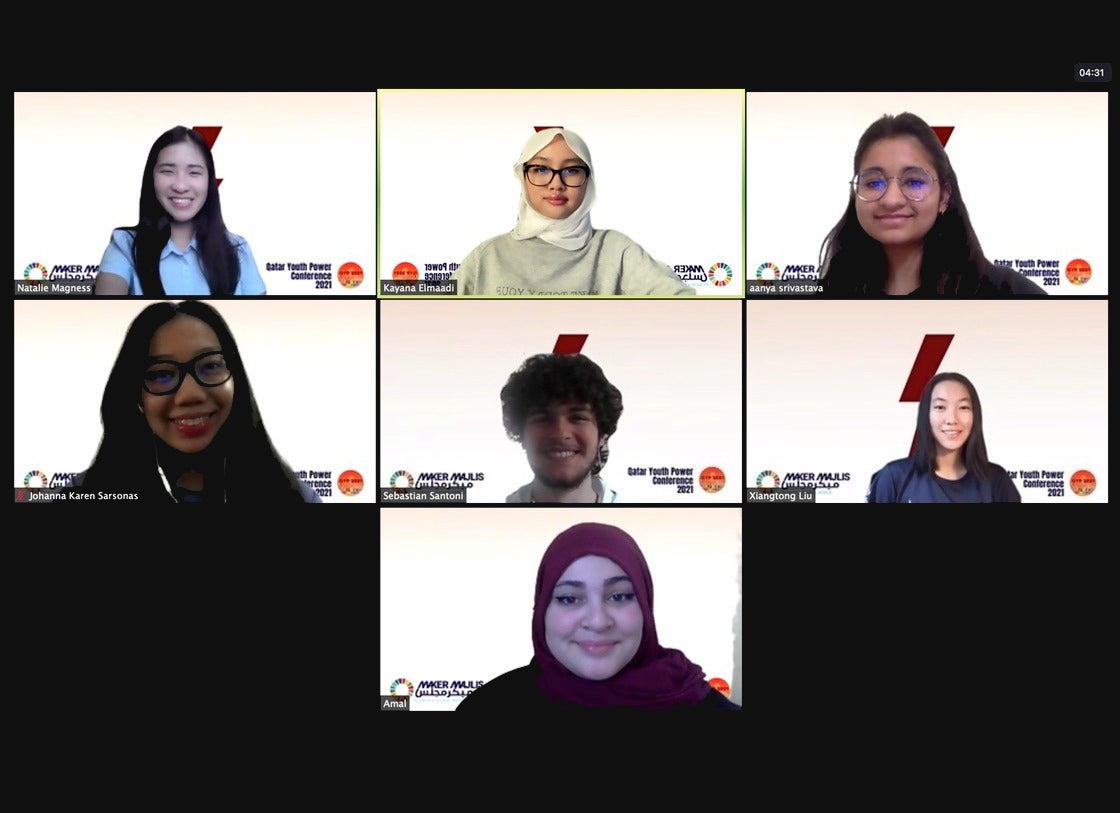
HBKU’s Maker Majlis Collaborates with the Qatar Youth Power Conference to Connect and Develop Youth
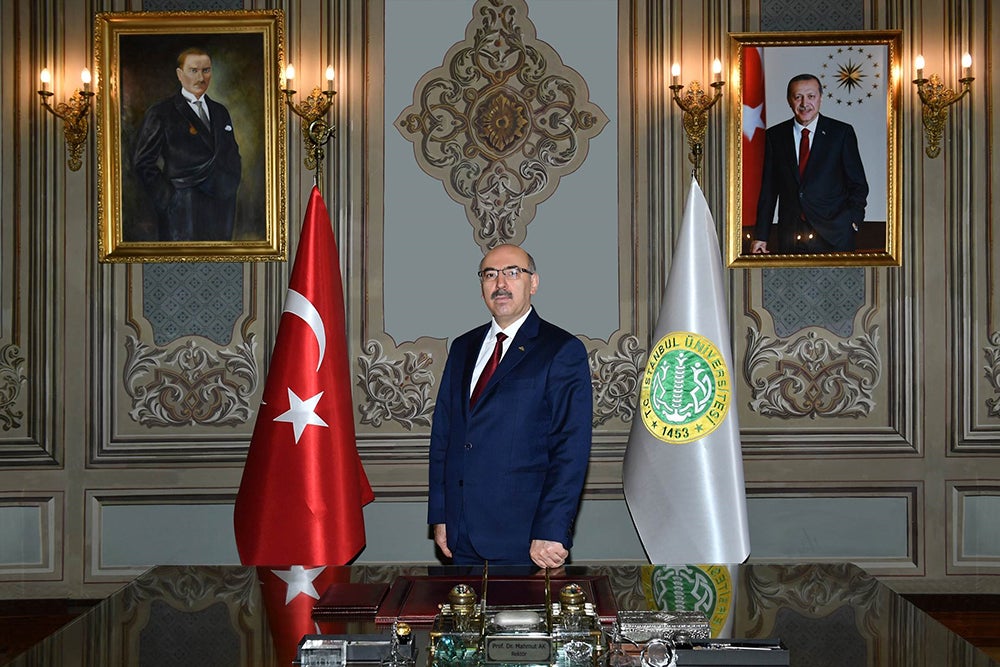
HBKU Signs Memorandum of Understanding to Collaborate with Istanbul University
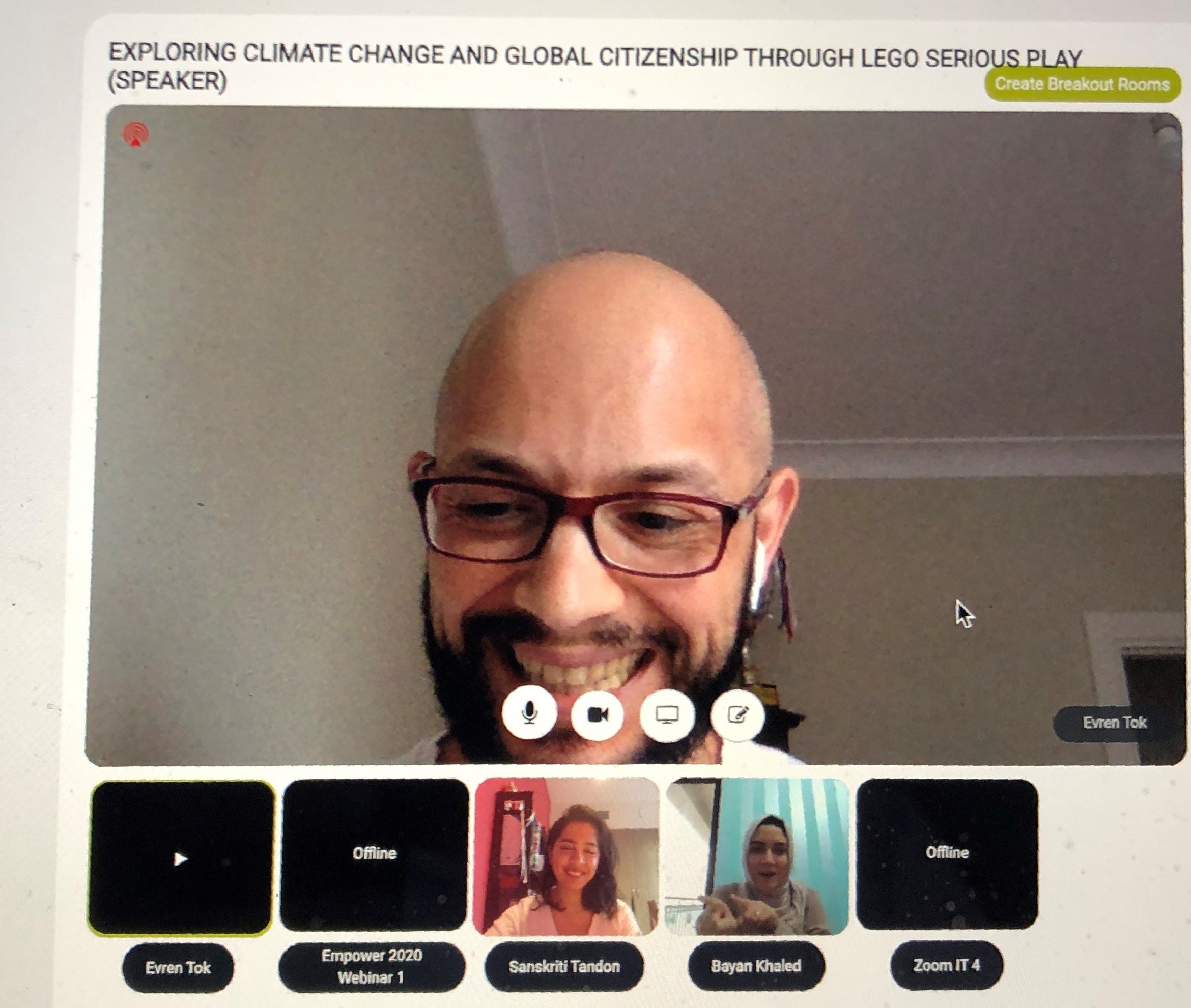
HBKU Faculty Participate at Flagship EAA Conference with Youth-Driven Workshop
